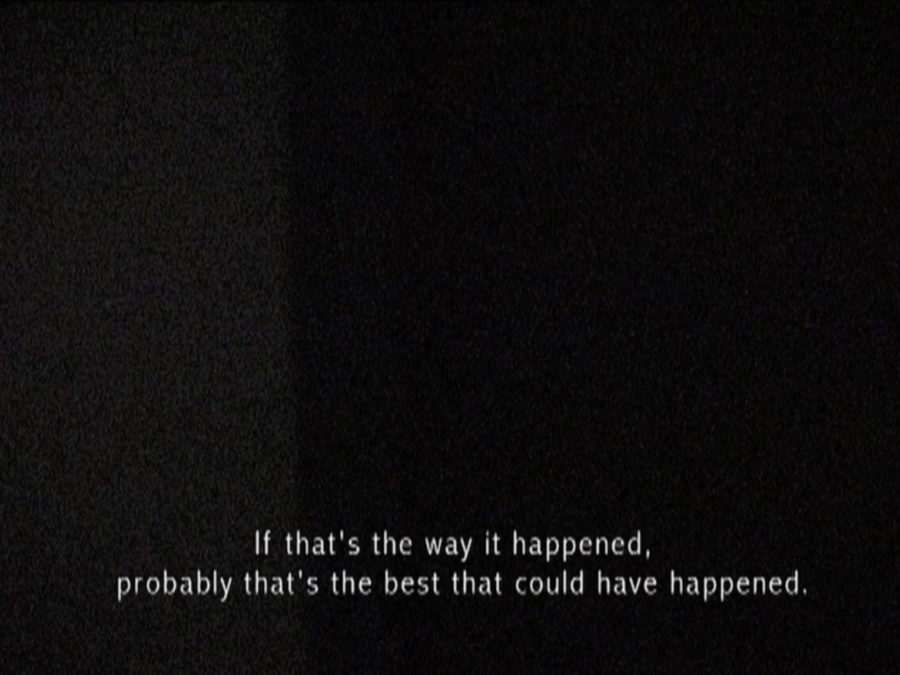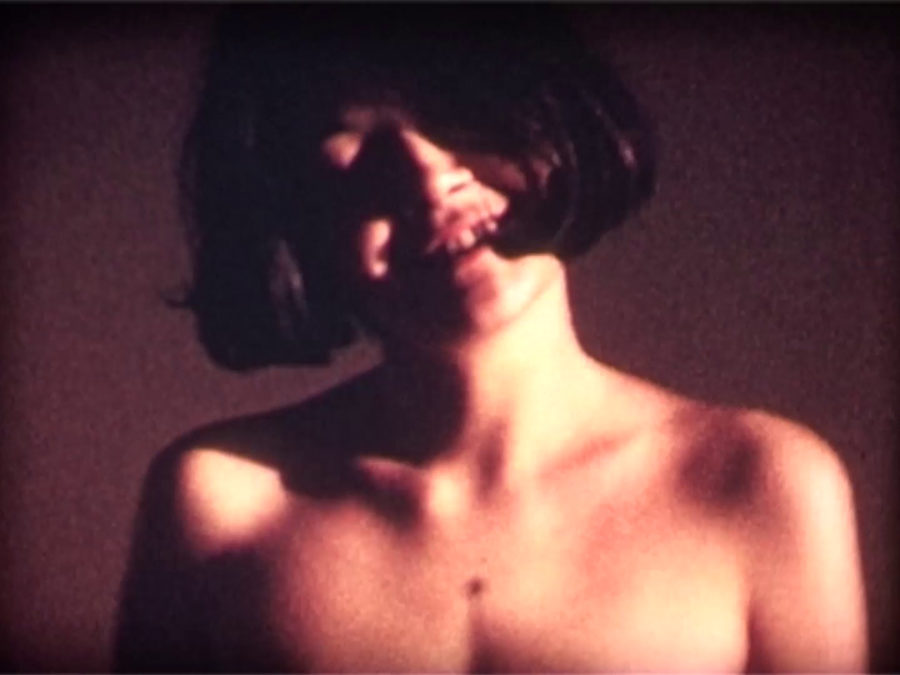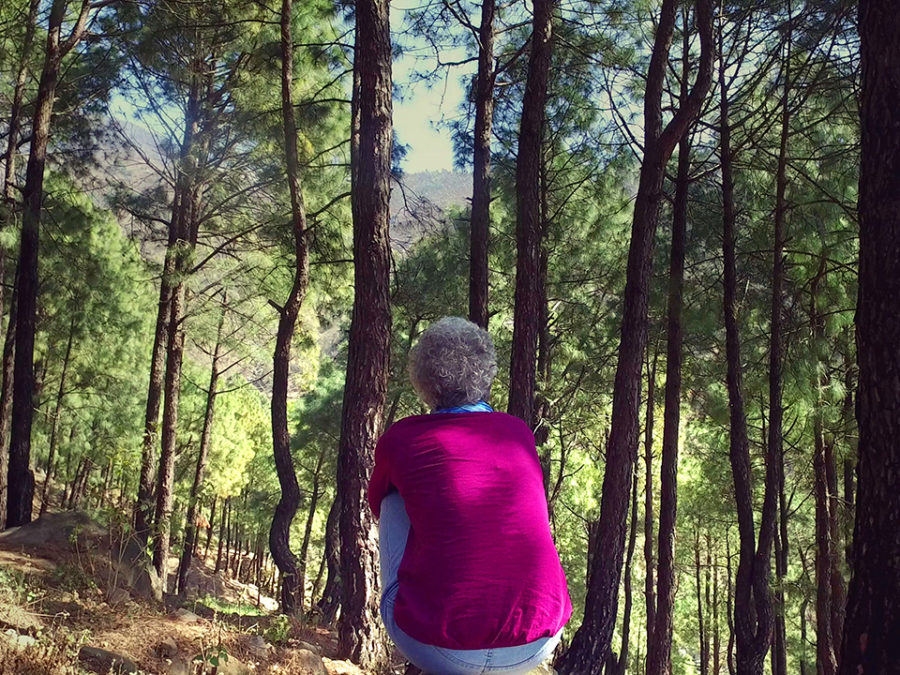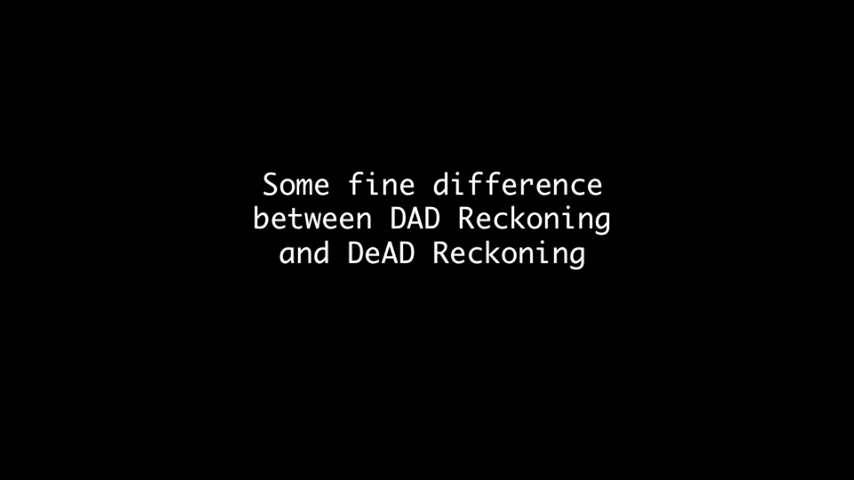In 1935 Andrei Platonov wrote the screenplay Father-Mother. At the time he was also working on his (unfinished) novel Happy Moscow, in which the protagonists act out a plot against the backdrop of a city constantly being demolished and constructed anew. Envisioning a film that would capture the realities of social transformation, Platonov came up with the story of an orphan boy with many mothers and fathers. The film was to convey the upheavals of human relations of the period as well as the many contradictions that would endure.
ZHENIA (removing her blue raincoat): Look what we’ve got—a ready-made son; we can move straight to the era of exploitation.
Bezgadov makes a hiccupping sound. Puts Stepan down. Shakes himself.
BEZGADOV: Better to begin with construction—heavy, then light, and only then exploitation.
STEPAN: Mama! That’s enough silly talk! Stop now, or I’ll leave you.*
In the 1980s, soon after graduating from the Academy of Fine Arts in Bratislava, Anna Daučíková moved to Moscow. She emigrated for a woman she fell in love with. She stayed in Moscow until the early 1990s, all through Perestroika, but left before what came out of it fully mutated into post-Soviet Russia. She lived as an undercover lesbian, worked as a glassblower, and joined the Soviet Artists’ Union.
In 33 Situations Daučíková conveys the experience of having a “secret life” by providing an index of different people’s repressed or covert sex stories. She organizes and narrates these individual cases in the form of a neat template, evoking the aesthetics of a repressive state apparatus, of police dossiers or medical files.
The work catalogs hateful neighbors in a communal apartment practicing voodoo against the lesbian couple next door. It inventorizes the nasty neighbors, the neighbor-informers, indifferent officials, zealous bureaucrats, the couples, the police, workers, trips to the countryside, picturesque scenes in the gulag, sickness, families, ubiquitous aggression, moments of tenderness, cockroaches, the sex trade, and sexual deprivation amongst other peculiarities.
If, for Adorno, family was not only the cell and seed of fascist oppression, but also what stood against it, 33 Situations frames family as that which breeds a love for authority. It suggests that ties to fascism can be shattered only by a radical anti-Oedipal reconfiguration of the family, but also community at large.
*Andrei Platonov, Father-Mother, NLR 53, Sep-Oct 2008, pp. 43-76.
Anna Daučíková is an artist and teacher living and working in Prague. After her graduation from the Academy of Fine Arts in Bratislava in 1978, she emigrated to Moscow (then the USSR) where she lived and worked until 1991. Triggered by her encounter with feminist thought, her extensive painting practice and engagement with photography spans this period. Exhibitions include Gallery Medium, Bratislava; Neubauer Collegium, Chicago; Gallery Carreras Múgica, Bilbao; State of Concept, Athens (all 2018); documenta 14, Athens/Kassel (2017); Gallery Futura, Prague (2016); Kiyv Biennial/School of Kyiv (2015); Manifesta 10, Eastern Window, St. Petersburg (2014), among others. In 2018 she was honored with the Schering Stiftung Award.






